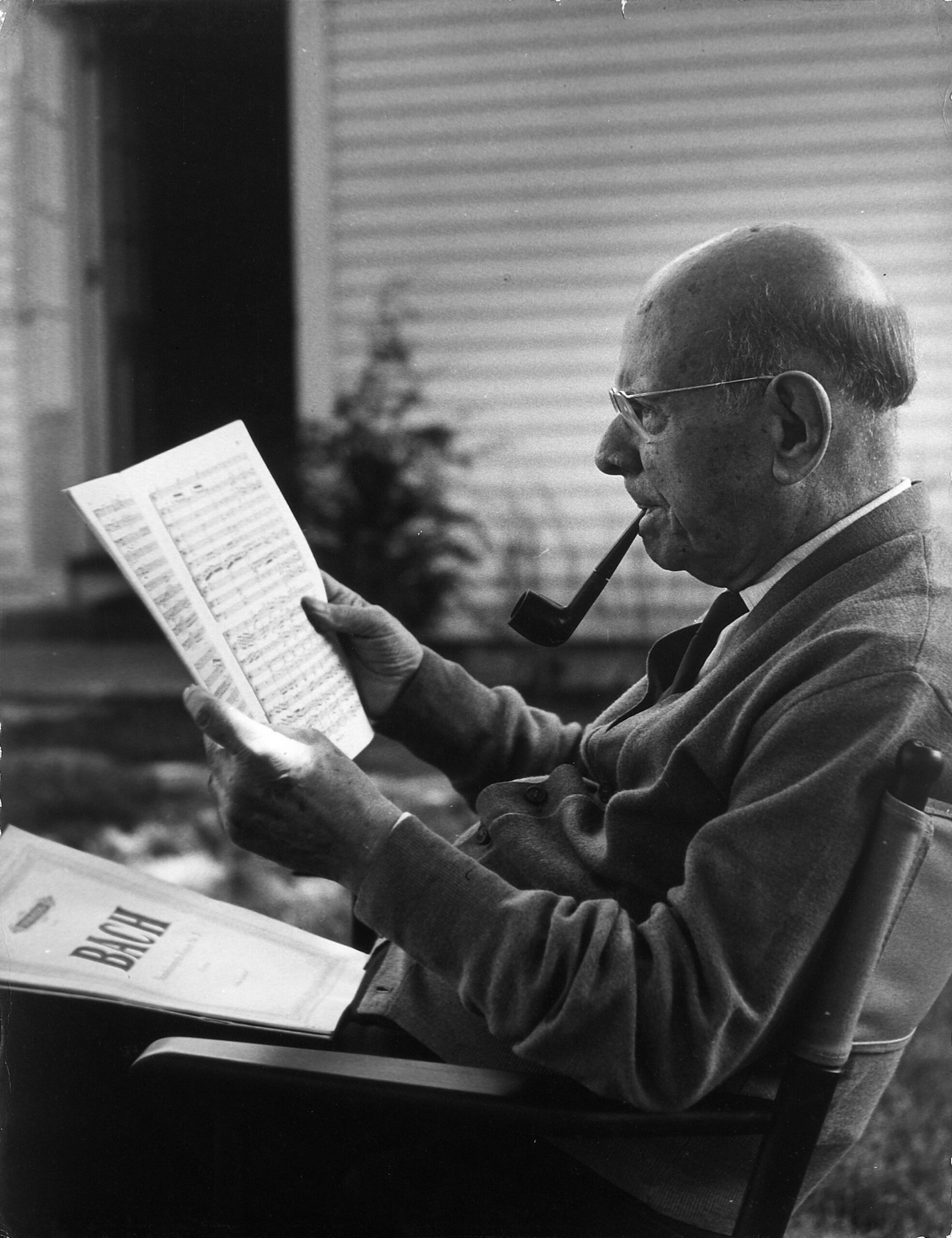The final projects of the two research initiatives promoted by the UNESCO Pau Casals Chair, dedicated to exploring the musical and humanistic legacy of Casals, have recently been submitted. These studies offer a detailed insight into his life and artistic career, reinforcing his role as a reference both in the world of music and in the advocacy for peace.
The submitted works are:
“The Musical Aesthetics of Pau Casals: The Philosophical Influence of Henri Bergson on Pau Casals’ Musical Conception,” by Magda Polo.
This research examines how Pau Casals understood and experienced music, highlighting the influence of Henri Bergson, one of the most prominent philosophers at the turn of the century. The study offers a philosophical reading of his musical practice from two perspectives—phenomenological and hermeneutical—to understand how Casals made music a way of being and existing in the world.
For the maestro, music was a vital and spiritual experience that connected with what is essentially human. His aesthetics emerge from a dialogue between tradition and modernity: while respecting the classical heritage, he defended inner freedom, intuition, and the expressiveness of the performer. Drawing on Bergsonian concepts such as intuition, duration, and vital force, the study shows how Casals transformed music into a total experience—esthetic, philosophical, and spiritual—a profound expression of the soul and emotions that goes beyond words.
“Nations in Harmony: The Roles and Functions of Music in the United Nations’ Peacebuilding Efforts,” presented by John Gledhill.
This research begins with a statement that emphasizes music’s transformative power: “Music is a universal language. Music unites us. Music is a symbol of peace.” Spoken in 2019 by António Guterres, Secretary-General of the UN, these words inspired various initiatives within the United Nations system to integrate music into actions aimed at promoting global peace and security.
The research is guided by three key questions:
- Who within the UN uses music to support peacebuilding?
- What forms do these musical activities take?
- How do these activities contribute to the consolidation of positive peace?
To answer these questions, the author analyzes hundreds of documents and reports on musical projects carried out over recent decades, concluding with a call for impact assessments to measure how effectively these activities contribute to peace.
Through these projects, the UNESCO Pau Casals Chair reinforces its commitment to research on Pau Casals and his influence, both in the musical field and in the defense of human rights. At the same time, it will continue promoting new lines of study to disseminate his legacy.
